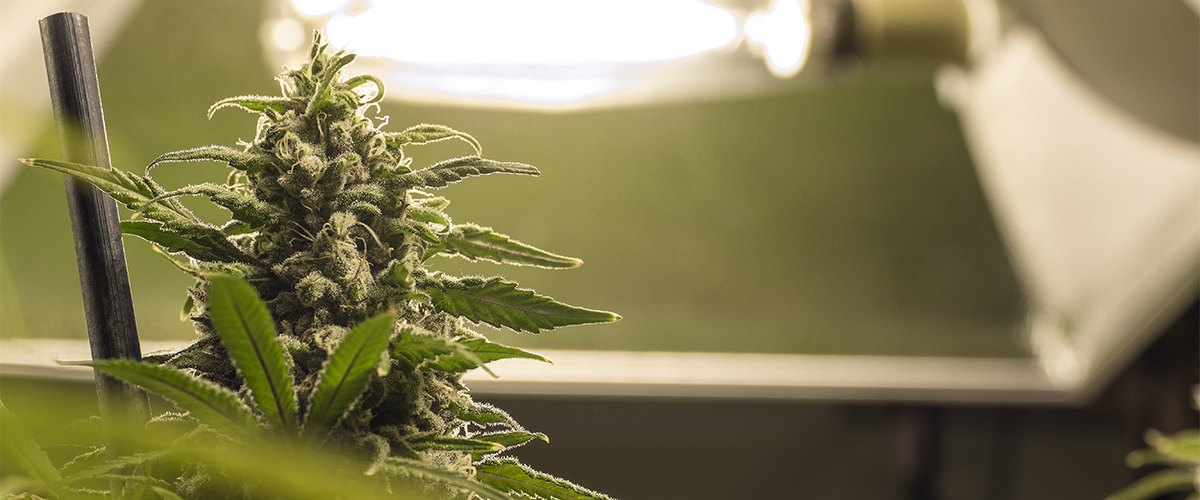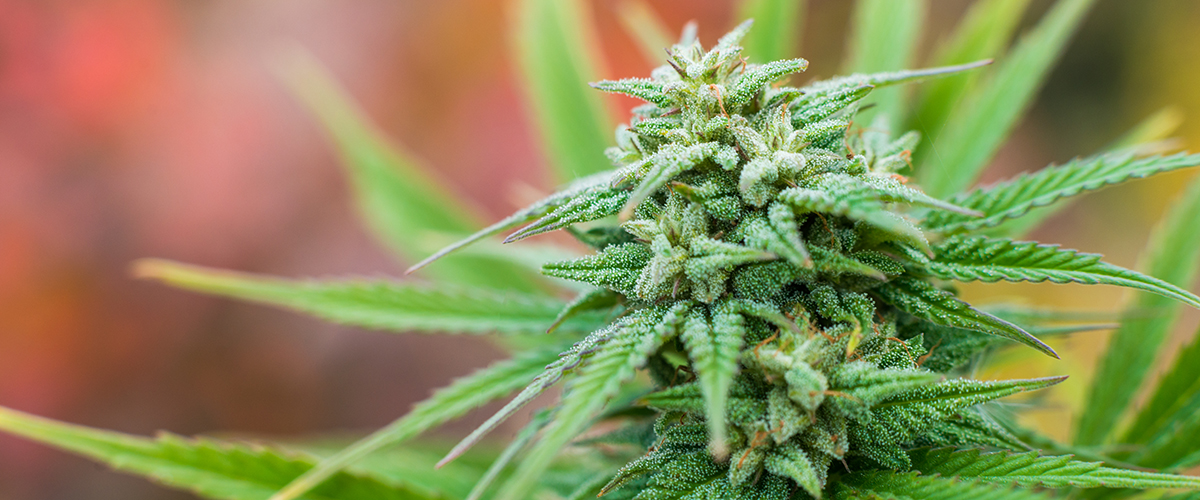The findings of this marijuana and memory study surprised the researchers, who were expecting subjects to be impaired.
While prior findings show that marijuana can temporarily impair working memory, a new cannabis and memory study published in the journal Neurobiology of Learning and Memory suggests the exact opposite.
Working memory is the ability to temporarily hold information in your head, such as the name or phone number of someone you just met. The cognitive system plays a major role in how humans process, use, and remember information on a daily basis.
To investigate marijuana short term memory effects, researchers from the University of Florida trained 32 rats (15 male, 16 female) in a food-motivated delayed response task. They then had the animals perform the test again after being exposed to either inhalable cannabis smoke or a placebo.
The researchers assessed the rats’ performances in the tests, looking to see whether exposure to cannabis at all affected their working memory and ability to complete the task.
During this marijuana memory study, the researchers found that exposure to cannabis smoke had no effect on the performance of male rats.
When examining the marijuana memory effects on female rats, however, it was found that female rats surprisingly demonstrated enhanced working memory accuracy in the task after they had consumed marijuana.
“Cannabis smoke improved working memory accuracy,” the study’s authors wrote. Meanwhile, “placebo smoke did not affect working memory accuracy” in both male and female rats.
It’s the lack of impact caused by placebo smoke that prompted the researchers to believe cannabis played a role in enhancing the performance of female rats.
“Exposure to placebo smoke had no effect on performance, suggesting that the cannabinoid content of cannabis smoke was critical for its effects on working memory,” the wrote.
The researchers of this marijuana and memory study did note that baseline performances, prior to cannabis and placebo exposure, were lower in female rats compared to males. They suggest this “raises the possibility that the enhancing effects in females were due to their relatively worse baseline performance rather than to sex differences in the effects of cannabis per se.”

Findings Run Counter to Earlier Research
The new study’s findings fly in the face of earlier research on how weed affects memory and the consensus that marijuana can temporarily impair cognitive performance
Marijuana contains tetrahydrocannabinol (THC), an intoxicating cannabinoid that interacts with the body’s native systems to elicit temporary euphoric effects. Some of the effects of this temporary “high” include altered physical senses and perception of time, feelings of euphoria and relaxation, impaired body movement, and short-term recall difficulties.
Previous studies indicated that cannabis use, particularly consuming products containing higher levels of THC, impairs cognitive functions on a number of levels, including the ability to remember and to learn and apply new skills. Studies had suggested that THC’s influence on the brain’s supporting glial cells called astrocytes that was the cause of impaired working memory.
Findings have suggested that THC’s binding to CB1 receptors on astrocytes triggers a series of chemical processes that increase long-term potentiation (LTP), one of the two cellular processes involved in memory.
In 2006, researchers studying heavy marijuana users in Greece found that frequent marijuana users performed worse than non-users on a test of cognitive abilities. In a test to remember a list of words that were read to them earlier, non-users remembered 12 of the 15 words, short-term marijuana users remembered remembered an average of nine words, and long-term users remembered an average of seven.
“The overwhelming majority of research in both animal models and human subjects shows that acute administration of cannabis and cannabinoids induces deficits in tests of cognitive function, including working memory,” the researchers in the latest study wrote.
“In contrast, the current experiments show that acute exposure to cannabis smoke enhanced working memory performance in a delayed response task in rats, particularly in females in which baseline levels of task performance were lower than those in males,” they added.
The researchers of this new cannabis study suggest that their surprising findings could indicate that marijuana’s effect on memory may be dependent on THC dose, and that the amount given to the test subjects elicited a memory-boosting effect. Earlier findings have found evidence that low-dose marijuana use can reverse age-related memory loss.
Additionally, the researchers proposed that the cognitive impacts of cannabis might be different based on consumption method. Most cannabis studies that have looked into the effects of working memory have subjects consume either synthetic or non-smokable marijuana products. In other words, the fact that the participants in their study smoked marijuana may have influenced the impact on working memory.
“These results highlight the need for further research on the effects of cannabinoids on cognition, particularly using models that mimic conditions of human intake,” the researchers noted.
“Given that cannabis smoking is widespread, it will be important in future studies to determine how the conditions under which cannabis and cannabinoids enhance cognitive function are related to conditions of actual human use,” they added.
You can access the abstract of the new study, “Enhancing effects of acute exposure to cannabis smoke on working memory performance,” at ScienceDirect.
More Cannabis Research
Thousands of studies have investigated the effects of cannabis and its compounds and researchers are learning more about areas like marijuana and memory all the time. Get an overview of research findings on cannabis so far through our education page, and keep up with the latest marijuana studies through by regularly reading our news page, or our Facebook and Twitter feeds.






